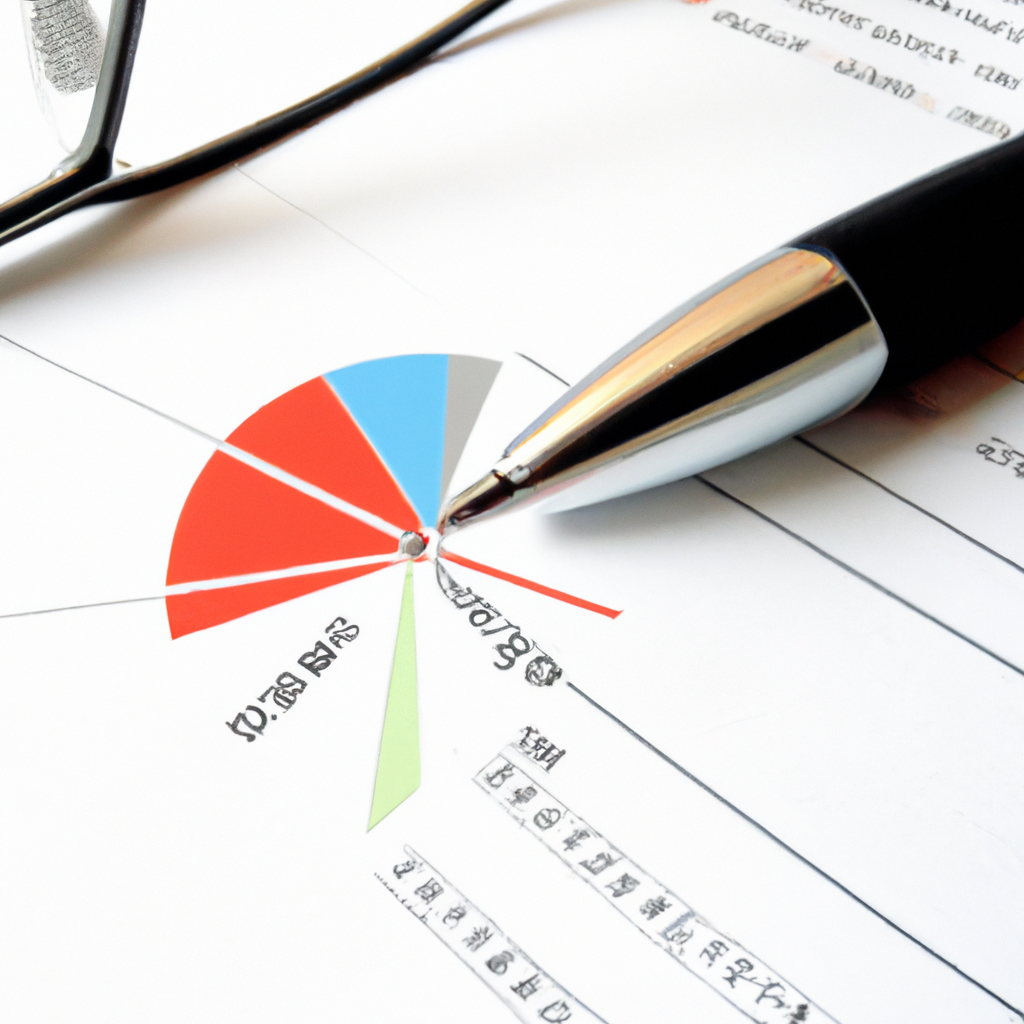Economic Indicators Reports: A Comprehensive Overview
Introduction
Economic indicators reports play a crucial role in assessing the overall health and performance of an economy. These reports provide valuable insights into various aspects of the economy, including employment, inflation, consumer spending, and overall economic growth. In this article, we will explore the significance of economic indicators reports and how they can be used to make informed decisions.
Understanding Economic Indicators
Economic indicators are statistical data points that provide information about the current state of an economy or specific sectors within it. These indicators are typically released on a regular basis by government agencies, central banks, and other reputable organizations. They serve as a barometer of economic performance and are closely monitored by policymakers, investors, and businesses.
Types of Economic Indicators
There are several types of economic indicators that provide insights into different aspects of the economy. Here are some of the most commonly used indicators:
1. Leading Indicators
Leading indicators are used to predict future economic trends. They provide early signals of potential changes in the economy, allowing businesses and investors to make proactive decisions. Examples of leading indicators include stock market performance, building permits, and consumer confidence surveys.
2. Lagging Indicators
Lagging indicators, on the other hand, reflect changes that have already occurred in the economy. These indicators confirm trends that have already been established and are often used to validate or confirm earlier predictions. Unemployment rates and GDP growth are examples of lagging indicators.
3. Coincident Indicators
Coincident indicators provide real-time information about the current state of the economy. They move in tandem with the overall economic cycle and give a snapshot of the present economic conditions. Industrial production and retail sales are common examples of coincident indicators.
Significance of Economic Indicators Reports
Economic indicators reports are vital tools for policymakers, businesses, and investors. Here’s why they are significant:
1. Assessing Economic Performance
By analyzing economic indicators reports, policymakers can gauge the overall health of the economy and identify areas that require attention. These reports help in formulating monetary and fiscal policies to stabilize the economy or stimulate growth.
2. Making Informed Investment Decisions
Investors rely on economic indicators reports to make informed investment decisions. By studying indicators such as interest rates, inflation, and consumer spending, investors can assess the potential risks and rewards associated with various investment opportunities.
3. Business Planning and Strategy
Businesses utilize economic indicators reports to plan their strategies and make informed business decisions. For example, a retail company may analyze consumer spending reports to determine the optimal time for launching a new product or expanding its operations.
4. Predicting Market Trends
Economic indicators reports provide valuable insights into market trends, allowing businesses to anticipate changes in demand and adjust their production or marketing strategies accordingly. This helps businesses stay competitive and adapt to changing market conditions.
Incorporating Economic Indicators into Decision-Making
To effectively incorporate economic indicators into decision-making, it is essential to follow these steps:
1. Identify Relevant Indicators
Identify the economic indicators that are most relevant to your specific sector or area of interest. For example, if you are in the manufacturing industry, indicators such as industrial production and new orders may be more relevant than consumer spending.
2. Stay Updated
Regularly monitor the release dates of economic indicators reports and stay updated with the latest data. This will enable you to make timely decisions based on the most recent information.
3. Analyze Trends
Analyze the trends indicated by the economic indicators reports. Look for patterns, correlations, and deviations from the norm. This will provide insights into potential opportunities or risks.
4. Seek Expert Advice
If you are unsure about interpreting economic indicators or their implications, seek expert advice from economists or financial advisors. They can help you understand the nuances of the data and its relevance to your specific situation.
Conclusion
Economic indicators reports serve as vital tools for understanding and assessing the overall performance of an economy. By analyzing these reports, policymakers, businesses, and investors can make informed decisions and navigate the complexities of the economic landscape. Incorporating economic indicators into decision-making processes is crucial for staying ahead in an ever-changing economic environment.
